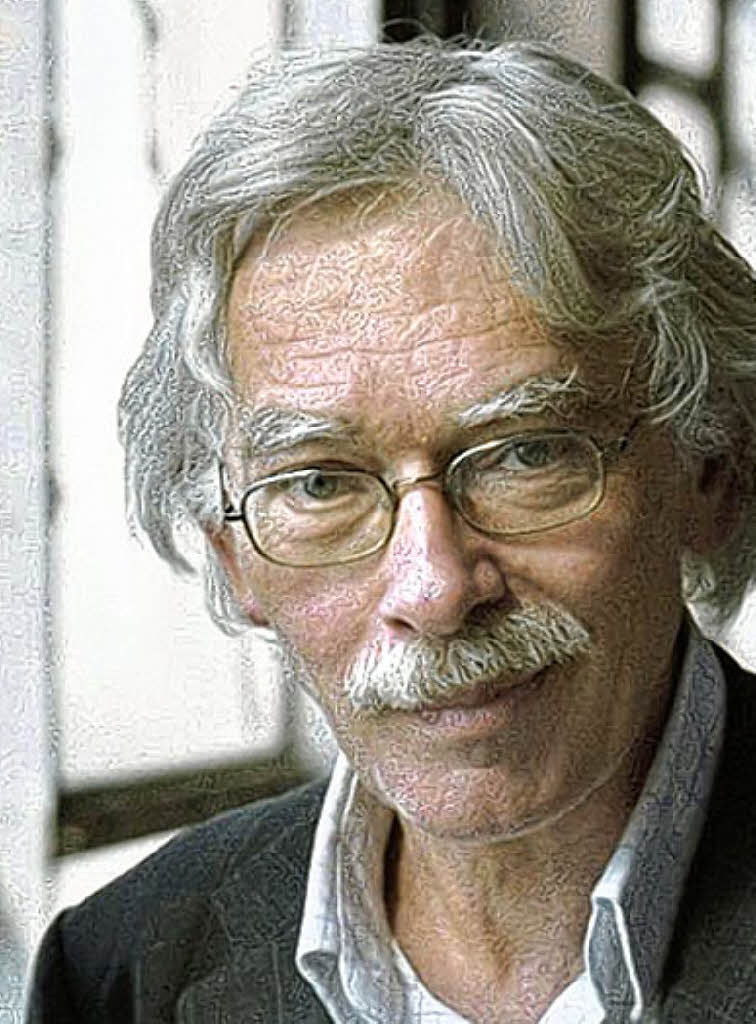German Documentary: M. McLuhan: Visionary of the Media Age from Norm Friesen on Vimeo. (The entire broadcast can be viewed here.)
Interviewer: …but [he] wasn’t a systematizer
Martina Leeker (media studies, Cologne): …that makes it perhaps difficult to work with him in Germany. …but that is also part of the enormous wealth that he brings.
Interviewer: what surprises me about McLuhan, when one thinks about media theory and media philosophy, is that one has the feeling that since his time, not much has happened. Why is he still so great/important?
Lutz Hachmeister (media historian/filmaker): yes, well Tom Wolfe, the American author and journalist wrote that [McLuhan] is to be categorized with Einstein, Newton and Freud. Wolfe asked “what if he is right?” That was in 1965. And I think that today we can say that he is indeed in this league. He is a completely outstanding intellectual of the 20th century. …One of the few people who after reading three, four pages in the Medium is the Massage, which for us was the mao bible of communications studies (i.e. in the ’60s), who opens a fully new world of knowledge. And I know of no other author in this field of media theory / communications studies who has provided me with this –even now.
Frank Schirrmacher (editor-in-chief of the national daily FAZ): And what you are saying about there not being anyone else: we can be certain of that today. But there was a time of latency, a time in-between. I can say for myself: I read him differently than Hachmeister, somewhat later I believe (although we are the same age). He was an antidote, an antidote -–if one was interested in culture and media– against a force(?) that was at that time very strong, with great moral strength, in Germany. This was the critique of the consciousness and culture industry. We all know the names: Adorno of course, Enzensberger, the Frankfurt School…
Besides his rather un-German lack of systematicity, what stands out in the German reception of McLuhan is that he earlier presented and still presents an alternative (“antidote”) to Marxist critiques of culture and media. Instead of the Frankfurt school’s rejection of nearly all modern media (outside of established “bourgeois” culture) as expressions of industrialized manipulation, McLuhan’s media theory or philosophy is seen as offering something very different. This exchange is fairly consistent with other claims about McLuhan in the German context, and the assumptions behind and implications of these claims are interesting. Most importantly, McLuhan is considered to be a theorist and philosopher, equal or indeed superior to the likes of Adorno and others in the Frankfurt school. This gives McLuhan’s work a broader scope and significance than describing him (for example) as a pop prophet or patron saint. The latter kinds of labels give his authority a religious flavour, and suggest that it derives from his anticipation of recent technological developments. The German reception has granted him the stature of a philosopher, theorist and intellectual, and has also shown that his work can sustain a dialogue on this level.
(For a few further thoughts on these questions, see Friesen, N. (2011). Marshalling McLuhan for Media Theory. English Studies in Canada. 36(2-3) pp. 5-9. Draft available at: http://learningspaces.org/papers/Marshalling_McLuhan.pdf).






 Yesterday (Oct. 18), marked the end of the life & career of a media theorist who played an important role in changing what media studies is and (maybe?) might come to mean. One German newspaper (the Baadischer Zeitung) said this about Kltter: “Nietzsche and Heidegger were at the epicentre of his thought, as were Foucault, Derrida, Lacan –through whose eyes he also turned to Freud… But what was fundamentally new was that he interpreted this tradition on the basis of information theory and media theory.”
Yesterday (Oct. 18), marked the end of the life & career of a media theorist who played an important role in changing what media studies is and (maybe?) might come to mean. One German newspaper (the Baadischer Zeitung) said this about Kltter: “Nietzsche and Heidegger were at the epicentre of his thought, as were Foucault, Derrida, Lacan –through whose eyes he also turned to Freud… But what was fundamentally new was that he interpreted this tradition on the basis of information theory and media theory.”